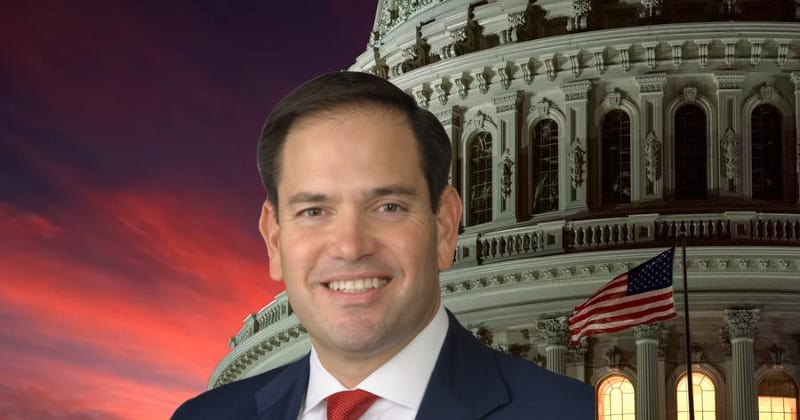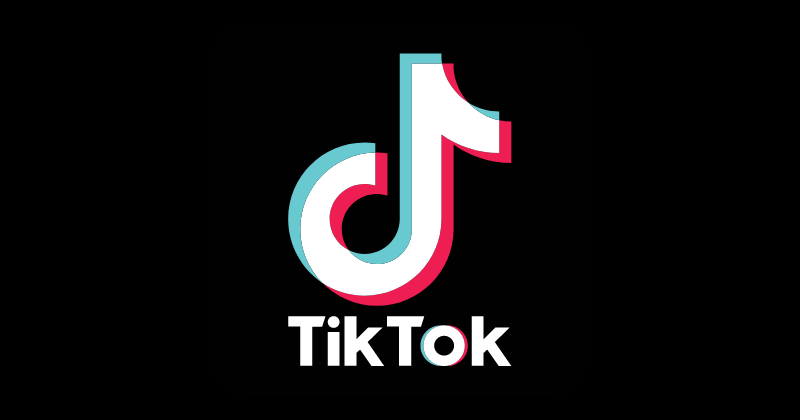This week, with the strong support of the Florida delegation, the U.S. House passed a compromise bill to crack down on robocalls.
Over the summer, the U.S. House passed U.S. Rep. Frank Pallone’s, D-NJ. “Stopping Bad Robocalls” bill with major input from members of the Florida delegation.
Pallone’s bill includes a proposal from U.S. Rep. Charlie Crist, D-Fla. Back in January, Crist paired up with U.S. Reps. Matt Cartwright, D-Penn., Garret Graves, R-La., and the late Walter Jones, R-NC, to bring out the “Spam Calls Task Force Act” which will create a federal task force to cut down on spam calls. Crist’s office insisted these calls are a “growing problem” to people across the nation and noted that 50 percent of cell phones receive them. The proposal would make the U.S. attorney general “work with the Federal Communications Commission (FCC) to convene an interagency working group with other federal and state agencies to address the following issues relating to spam calls: determine if any federal laws, regulations, or policies inhibit the enforcement of section of the Telephone Consumer Protections Act that prohibits spam/scam calls; identify existing and potential policies and programs that encourage and improve coordination among departments, agencies, and states; identify existing and potential international policies and programs; consider if additional resources would be helpful; consider if formal agreements between states and the federal government and/or foreign governments would be helpful; and consider if increased criminal penalties or fines would serve as an increased deterrent.”
U.S. Rep. Gus Bilirakis, R-Fla., also helped shape Pallone’s bill. He helped write U.S. Rep. Yvette Clarke’s, D-NY, “Ending One-Ring Scams Act.” The bill “empowers the Department of Justice to stop robocallers from defrauding consumers through malicious phone call scams.”
“We all hate the plague of robocalls,” Bilirakis said about his proposal. “For some, they are more than a nuisance, as unsuspecting victims suffer financial harm. Sadly, these bad actors target the elderly and most vulnerable for these crimes. Our bipartisan legislation will help protect the public from these tactics.”
But the U.S. Senate was behind a different proposal. Back in May, on a 97-1 vote, the Senate backed U.S. Sen. John Thune’s, R-SD, “Telephone Robocall Abuse Criminal Enforcement and Deterrence (TRACED) Act” which, according to supporters, “gives regulators more time to find robocall scammers, increases penalties for violators, promotes call authentication and blocking adoption, and brings federal agencies and state attorneys general together to address obstacles to criminal prosecution of robocallers who intentionally flout laws.” U.S. Sen. Rand Paul, R-Ky., cast the only vote against the proposal.
The Senate bill allows the Federal Communications Commission (FCC) to fine “people who intentionally flout telemarketing restrictions” as much as $10,000 and expands the window from catching them from one year to three. The proposal has a host of federal and state authorities working together but it also “requires voice service providers to adopt call authentication technologies, enabling a telephone carrier to verify that incoming calls are legitimate before they reach consumers’ phones.” If the bill becomes law, the FCC would also double down in its efforts to stop Americans from getting unwanted calls.
U.S. Sen. Marco Rubio, R-Fla., who cosponsored the bill, explained why he voted for the proposal.
“Millions of Floridians are harassed on a daily basis by illegal robocalls, but today the Senate took action on legislation I was proud to cosponsor to hold these perpetrators accountable,” Rubio said. “The TRACED Act will address the plague of robocalls by providing federal agencies with the needed authority and resources to find scammers and hold them accountable, while also promoting the use of authentication technologies by industry to ensure consumers are being adequately protected. Robocall scammers are using new, predatory tactics every day to disrupt the lives of Floridians and consumers nationwide, which is why it’s critical that Congress acts now, so that these perpetrators can be found and brought to justice.”
Over in the U.S. House, U.S. Rep. David Kustoff, R-Tenn., introduced the companion bill earlier this year and he’s getting some help from the Florida delegation. Back in April, U.S. Rep. Vern Buchanan cosponsored Kustoff’s bill.
Last month, Buchanan called for a compromise between the two bills and pointed to one option which was then in committee.
“According to the House Energy and Commerce Committee, the compromise bill would require phone carriers to implement call authentication technology and block robocalls without additional charges to consumers. The bill will also expand the ability of the federal government, including the Federal Communications Commission, to go after scammers,” Buchanan’s office noted.
The compromise bill passed the House on a 417-3 vote. The three votes against it came from U.S. Rep. Justin Amash, I-Mich., U.S. Rep. Andy Biggs, R-Ariz., and U.S. Rep. Thomas Massie, R-Ky.
“Too many Floridians continue to be harassed by the nationwide onslaught of robocalls,” Buchanan said after the vote on Wednesday. “Robocalls are more than just a minor inconvenience – phone scams can defraud innocent Americans out of their life savings – especially vulnerable seniors.”
Crist was also happy to see the legislation clear the House.
“In 2018 alone, Floridians experienced close to 4 billion spam calls – invading their privacy and putting their personal information at risk. Today we say, ‘enough is enough’, putting the full weight of the federal government behind ending this scourge on the American people,” said Crist. “I am proud of this bipartisan, bicameral effort, and look forward to seeing the Spam Calls Task Force Act signed into law.”
Reach Kevin Derby at kevin.derby@floridadaily.com.













